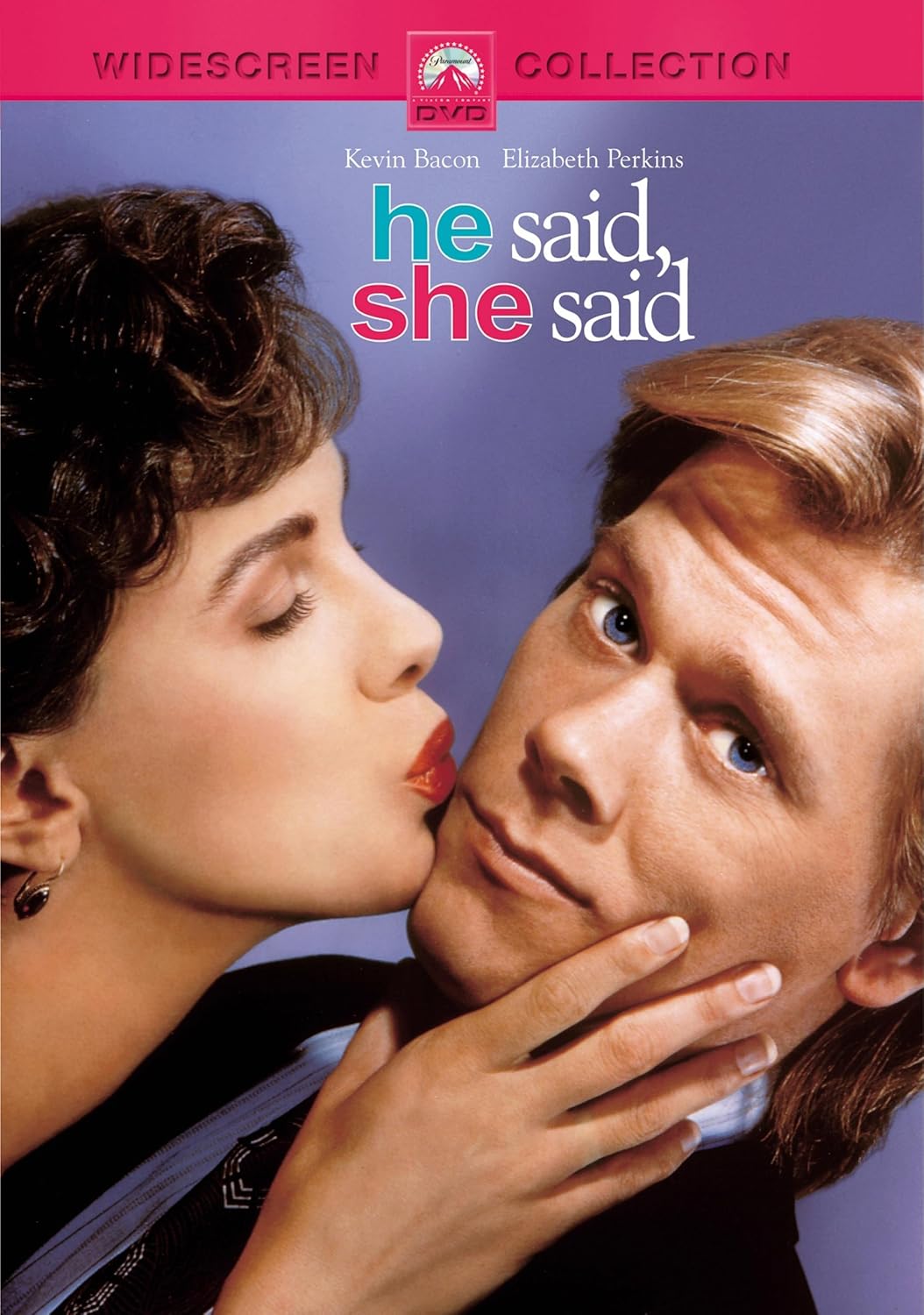A few days ago, I was talking to another author who is in the process of writing her first book. She mentioned that she was having a problem with dialogue - in essence, she couldn't get away from using the word "said":
He said...
She said...Barb said...
And so on, ad nauseum. All conversation seemed to require the use of "said."
I understood her dilemma, but - as I informed her - in truth there are dozens of words that can be used in place of said:
Commented
Replied
Responded
Stated
Mentioned
Remarked
And if you need to see examples:
"You dyed your hair," Bob observed.
"Your dog is sick," the vet noted.
"I will hate her for as long as I live," David solemnly declared.
In fact, it's not even required that you use an indicator of speech:
Bob arched an eyebrow skeptically. "Oh, really?"
Angie stared at Muffin, then turned to James with a look of incredulity. "What the hell did you do to my dog??!!"
Basically, you don't have to use a word that specifically indicates that speech is occurring - the quotation marks will do that. (That's essentially the point of having them - to denote dialogue or speech of some sort.) You just simply have to make it clear who the speaker is. As long as you've got that base covered, you're home free with respect to this issue.
If you would like to be notified when I release new books, please subscribe to my mailing list here.

